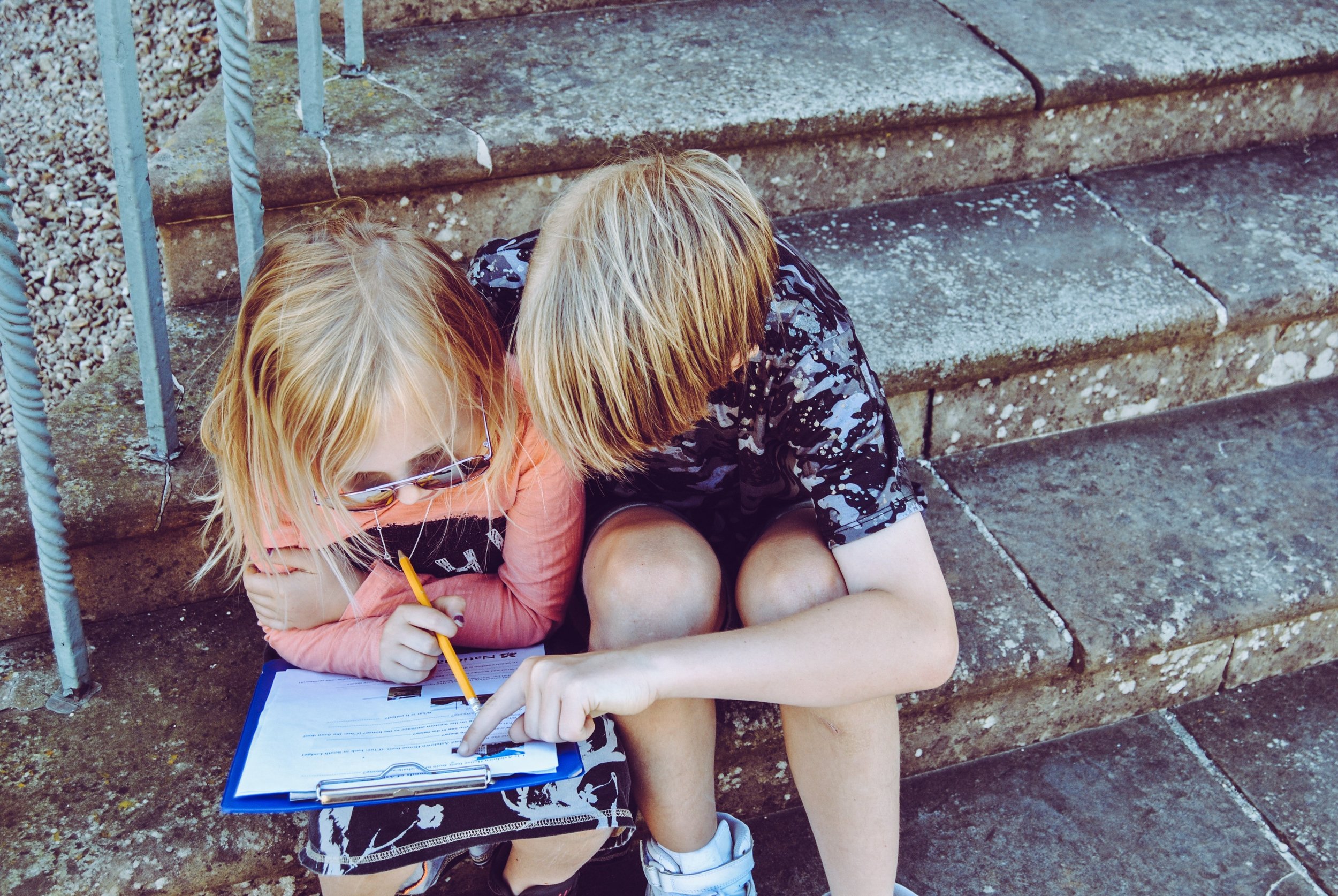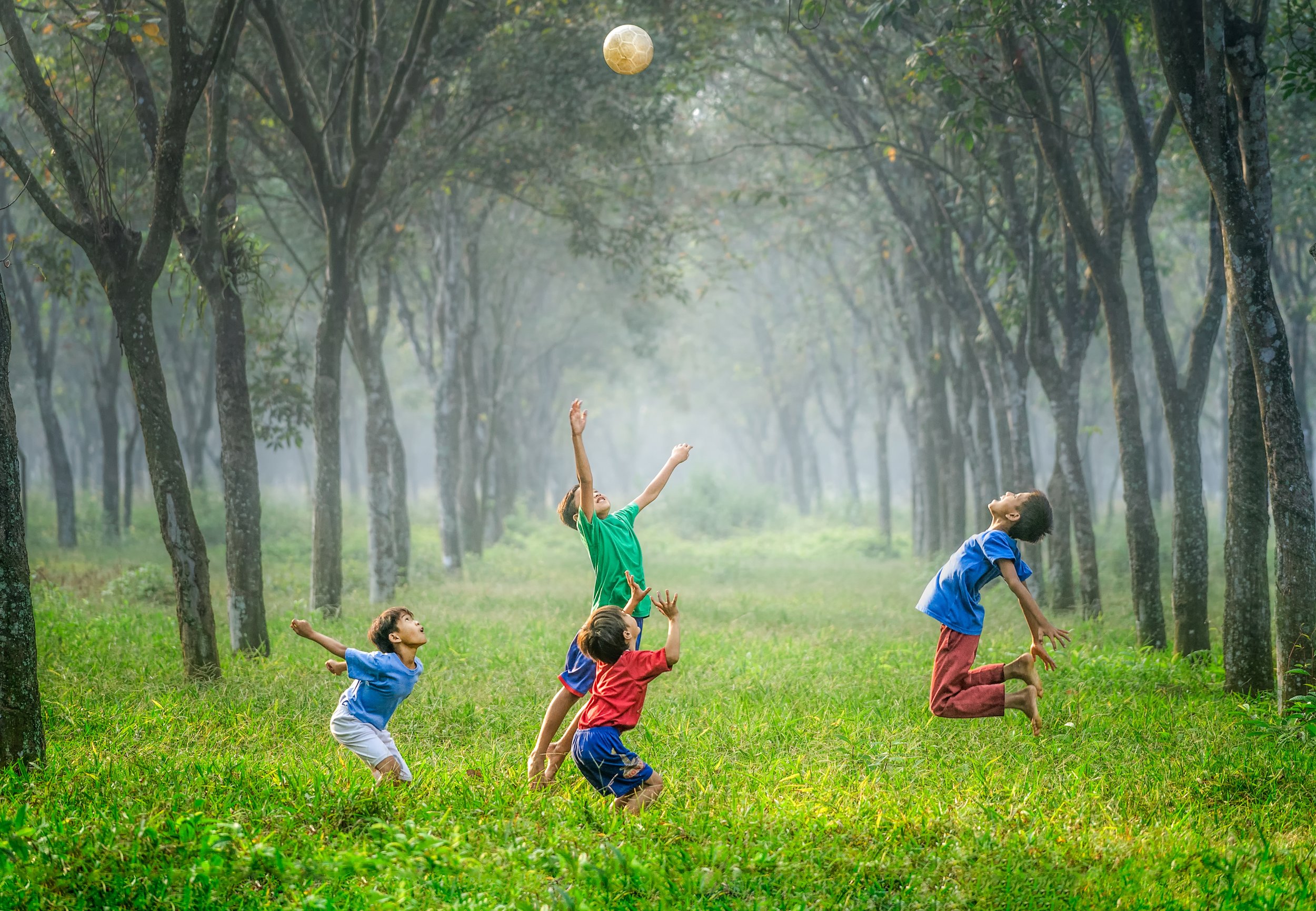prerecorded, online Certificate Course in Activity-Based Mindfulness for Kids:
Teaching attention, emotional balance & compassion in schools and clinics
Kids don't have an on/off switch...
When kids need to calm down, focus and be still, many struggle to modulate their attention, emotions, and behaviors, which can be overwhelming and exhausting in school, at home and in your sessions.
Over time, this trend wears down teachers, parents and clinicians while fueling stress, frustration, conflict and disappointment for children and caregivers alike.
Break the vicious cycle with activity-based mindfulness! Join internationally known mindfulness expert and author, Susan Kaiser Greenland, for this intensive certificate course on mindfulness practices for kids. You'll gain step-by-step implementation instructions for dozens of customizable mindfulness games and activities to help the children you work with increase focus, enhance self-regulation and strengthen compassion.
Through brief yet effective mindfulness activities, you will be able to foster six essential life skills for your young clients or students — Quieting, Focusing, Seeing, Reframing, Caring, and Connecting. Plus, you'll also gain tips and techniques to develop your own activities, and strategies to help when a child refuses to participate or becomes disruptive during activities!
Don't wait to get started earning your certificate and implementing these transformative mindfulness activities to help kids and caregivers develop mind-body awareness, compassionate life skills, and stress management.
Earn up to 12.5 CE hours — included in the course tuition!
Here's what others are saying...
“This was one of the best trainings I've ever attended--thank you so much for the excellent, useful material that I can begin implementing immediately at home and in my school. Thank you thank you thank you!”
“This was excellent! The handout provides all that is needed as a practitioner to get started in Activity Based Mindfulness immediately.”
“Susan was very well spoken and skilled in the subject matter. Her games fit perfectly with youth looking to increase emotional regulation.”
Here's what you'll learn in this certificate training...
Join Susan Kaiser Greenland, JD, for nine, step-by-step modules where you'll discover empirically tested mindfulness activities you can implement immediately to help your young clients or students develop stronger attention, greater emotional intelligence, enhanced self-regulation skills, and strengthened compassion for themselves and others.
Module One: The Framework of Activity-Based Mindfulness
Most people are drawn to mindfulness because they want to fix something (whether it be with themselves or someone else, like parents with their children). In this module, you'll gain essential foundational insight about mindfulness. You will learn the five methods of mindfulness practice, and a formula for mindfulness success — play, practice, share and apply.
Key topics covered in this module include:
Mindfulness defined
How to use "anchors" in mindfulness
Exploration of the Inner Kids Model
Module Two: Enhancing Attention Through Mindfulness
In module two, you'll learn games that can help your young clients improve their focus, and strengthen their ability to quiet themselves, through various methods and themes.
Susan provides essential insight into:
Mindfulness category 1 of 3: attention
Developing restraint and releasing nervous energy
The window of tolerance for nervous system stimulation
Techniques for when a child is disruptive during a mindfulness game
Module Three: Finding Balance Using Mindfulness
Module three brings light to the second category of mindfulness — balance. Through balance, kids can become more aware of what they are feeling and be okay with these feelings rather than trying to change or judge them. Building off balance, you will master games that can attune your client's ability to focus.
You'll learn:
The spotlight of the attention approach to mindfulness
How to start a therapy session with concentration
Strategies to help kids ignore distractions
Module Four: A Wise and Compassionate Worldview
Broaden a child's view of others to help them accept actions or traits they may not initially like with the training in module four.
Key topics covered in this module include:
Techniques to help your clients connect with their peers
Becoming more open-minded to be more compassionate
Module Five: Becoming Attuned to Your Mind & Body
Help children and adolescents recognize what is happening in their mind and body with the techniques in module five.
Key topics covered in this module include:
How to change your relationship with negative thoughts
Building awareness of what's happening in the present moment
A roadmap for speaking and acting in a way that's helpful to self and others
Module Six: Reframing Perspectives Through Mindfulness
In module five, you'll learn effective strategies to help children think of situations in a new light.
Key areas of focus in this module include:
Engaging in analytical thinking
Techniques using appreciation as a focus
Module Seven: Tools for Compassion
The third and final category in mindfulness is compassion, and module six focuses on the foundation and tools to effectively grow abilities for attuning, caring and connecting with the self and others.
After introducing compassion you'll expand to cover:
Strategies to focus on the present moment
Tips and tools for kids that are bullied
Module Eight: Becoming Open-Minded
Mindfulness activities work best when children are open to participating, this module will give you effective strategies to help kids become more open-minded and willing to partake in activities.
You'll learn to:
Handle resistance from children with any of these games
Enhance ability to visualize using mindfulness
Module Nine: Implementing Mindfulness into Your Practice
In this final module, you'll tie everything covered in the previous modules together, with a key focus on logistics and individualizing the tools, techniques games for your environment.
Specific areas of focus include:
Items to keep in mind when bringing games into your mindfulness practice
Using mindfulness with young athletes
Inclusion and diversity beyond usual measurements
The establishment clause and what it means for mindfulness in school
Earn up to 12.5 CE hours — included in the course tuition!









